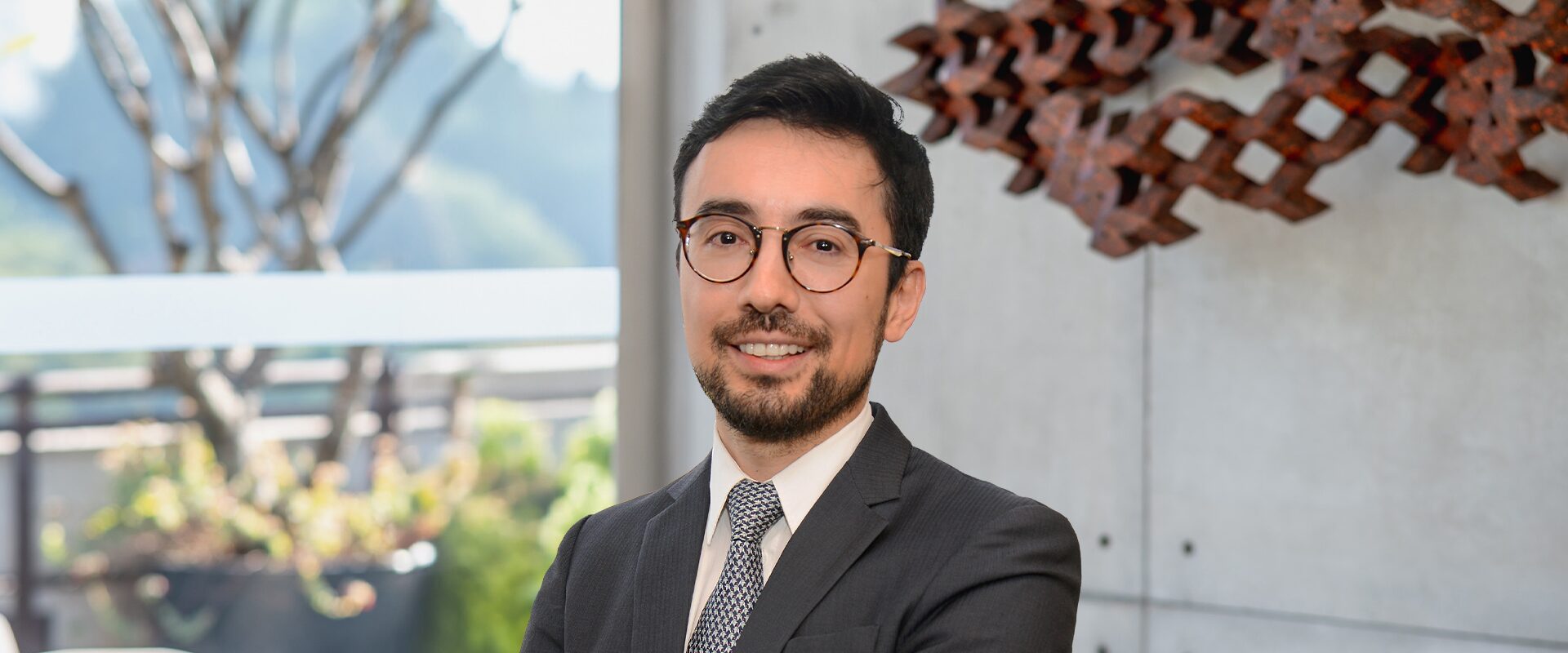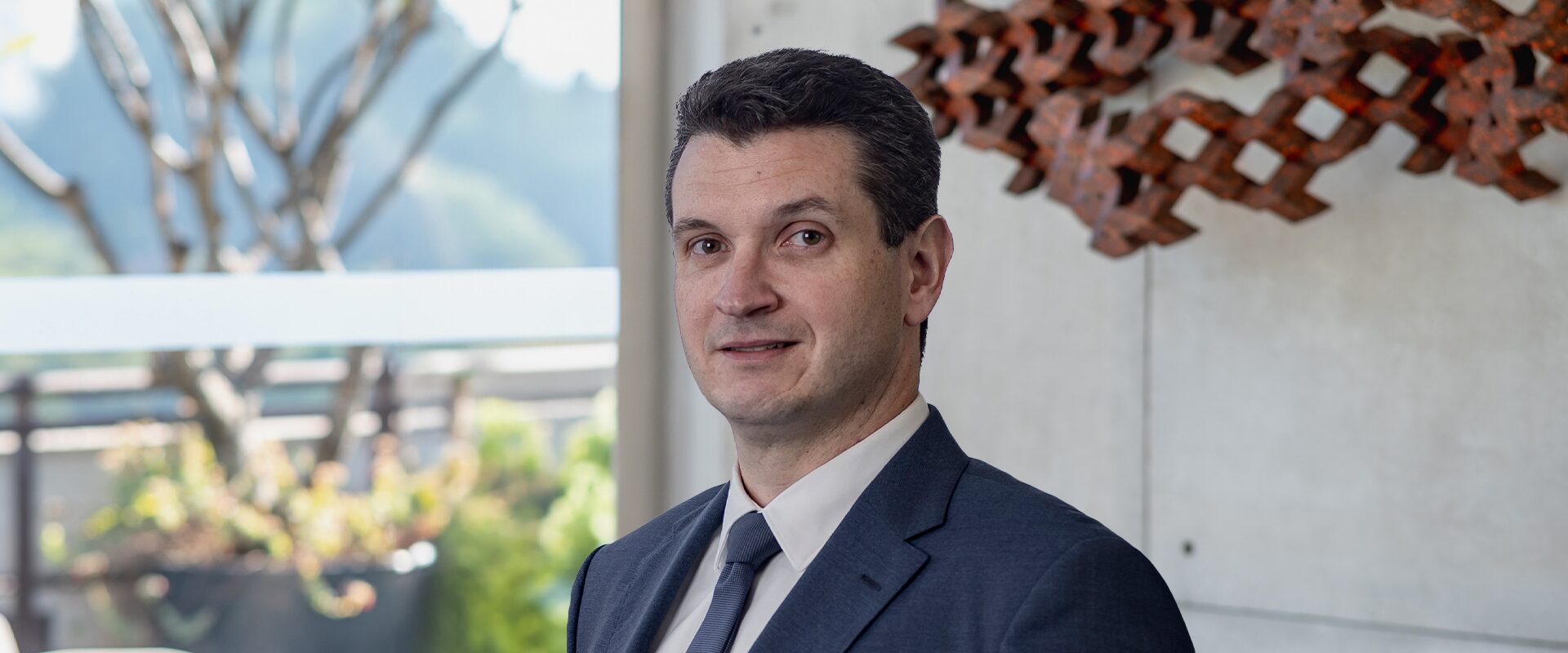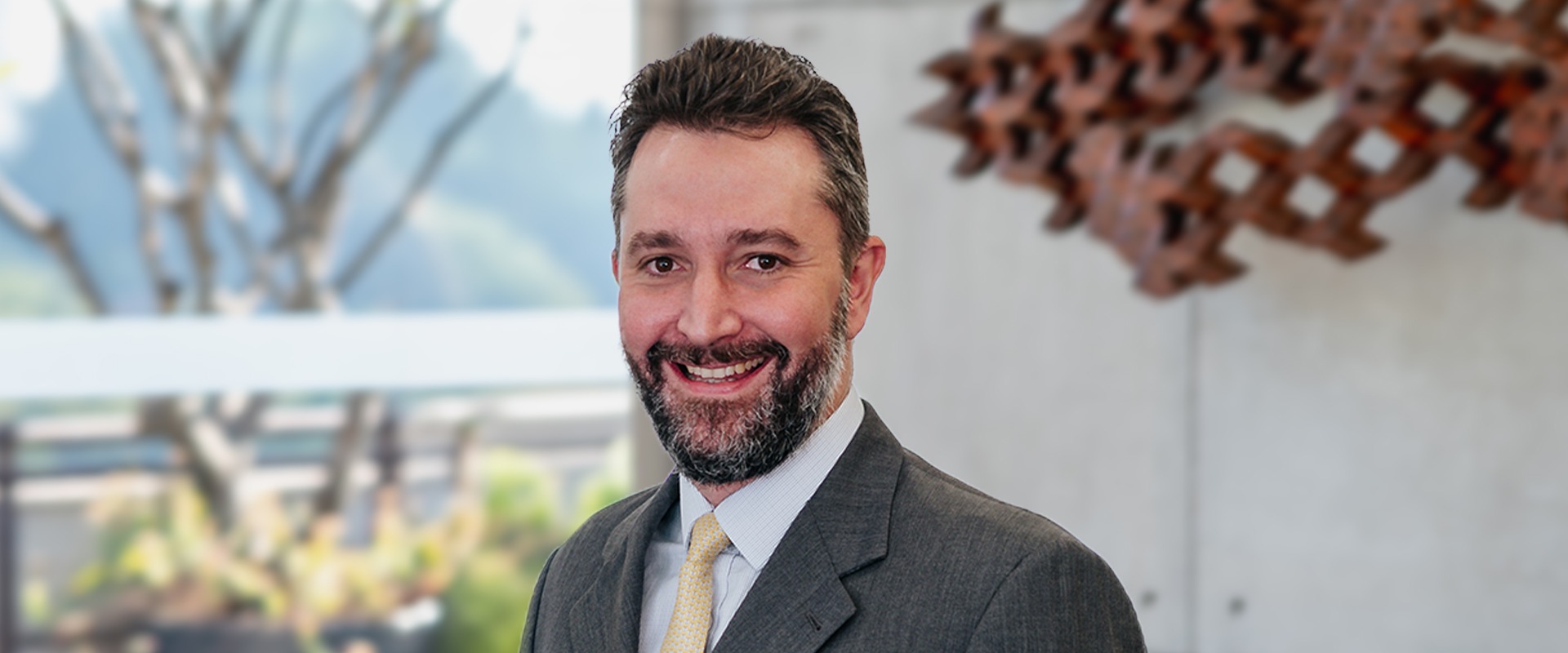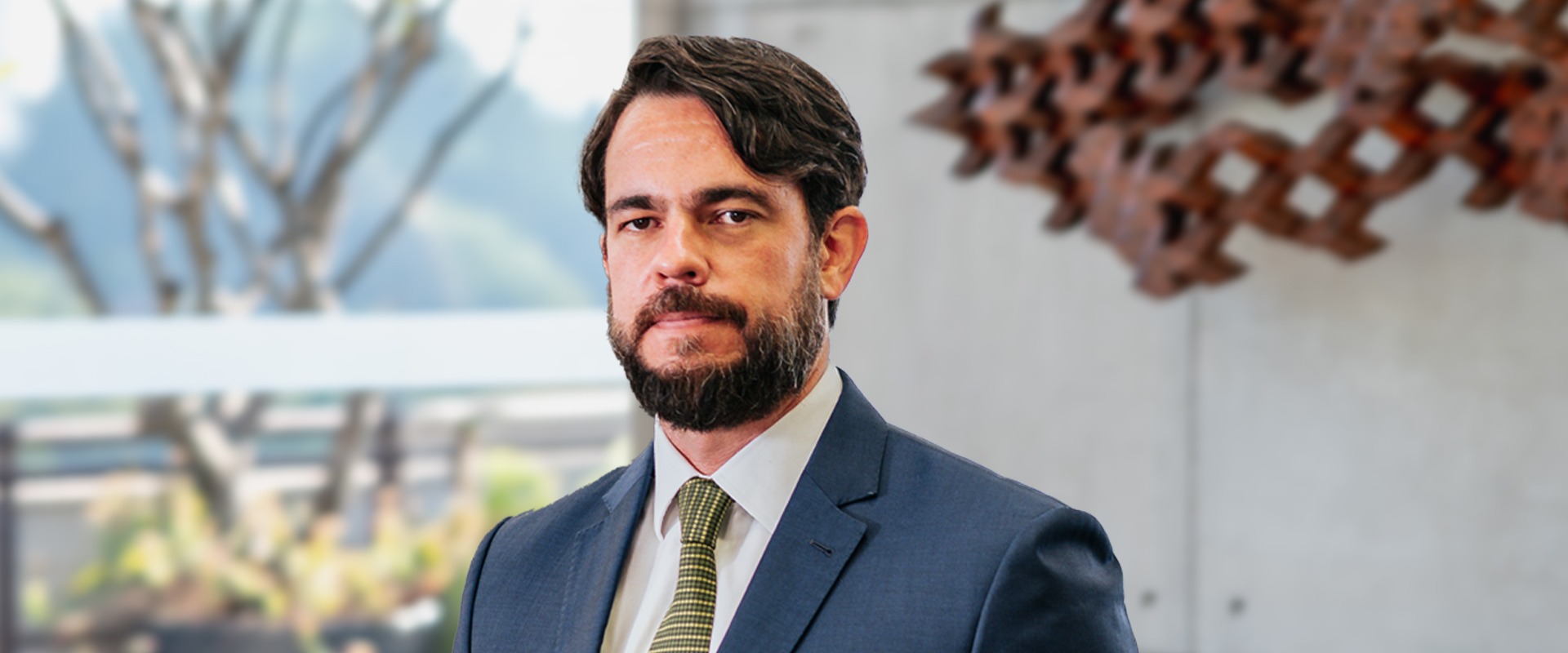Insights > Newsletters
Newsletters
Corporate Investigations Newsletter – February 2025
March 6th, 2025

The Corporate Investigations Newsletter aims to provide information on the main media news, trends, cases, and legislation concerning compliance, white-collar crime, and competition matters in Brazil and abroad. This newsletter is for informative purposes only, and should not be used for decision making. Specific legal counseling may be provided by our legal team.
Enjoy reading!
Compliance and Investigations, White Collar-Crime, and Competition teams

Trump freezes Anti-corruption Law in the US
On February 10, 2025, U.S. President Donald Trump issued an executive order suspending the enforcement of the Foreign Corruption Practices Act (“FCPA”). The order states that enforcing the FCPA has compromised the United States’ foreign policy interests and economic competitiveness.
Initially, the suspension will last 180 days and can be extended. During this period, the attorney general must re-evaluate the FCPA’s investigative and enforcement guidelines and policies while further investigations are suspended – except for those approved by the attorney general. Additionally, there are plans to reassess previous cases and potentially implement corrective measures for past investigations deemed inappropriate.
This move marks a significant change in the fight against corruption and generates uncertainty regarding its practical effects on companies. In recent years, many companies in Latin America and in the world have strengthened their compliance measures due to the intense monitoring and enforcement of the FCPA.
Despite the significant reduction in FCPA enforcement, the commitment to integrity in companies and other local anti-corruption legislation – such as Law 12.846/2013 in Brazil –, remains crucial. Therefore, companies must continue to monitor and ensure the implementation of robust compliance practices to mitigate corruption-related risks.
For more information, access the article in full.
Brazil ranks low on corruption perception index
On February 11, 2024, the Corruption Perception Index (“IPC”), published by Transparency International, revealed that Brazil received its worst rating since 2012. The country registered 34 points and ranked 107 among the 180 countries analyzed.
Produced by Transparency International, the IPC is the leading global corruption indicator. It assigns grades to 180 countries and territories from 0 to 100, in which higher scores indicate a greater perception of integrity. The index uses data from various sources, including the opinions of academics, jurists, entrepreneurs, and other experts on corruption in the public sector.
Brazil’s result represents a drop of two points and three positions in relation to the previous year, as well as a reduction of nine points and 38 positions compared to Brazil’s best scores, recorded in 2012 and 2014. Today, Brazil is on par with Algeria, Malawi, Nepal, Niger, Thailand and Turkey.
On the day the IPC was published, the Office of the Comptroller General (“CGU”) published a press release reinforcing its commitment to transparency and the fight against corruption. The CGU noted that the results published are measured by the perceptions of the entrepreneurs and do not include the general perception of the population. The CGU also highlighted that the index does not recognize the efforts made by the Brazilian public authorities in 2024 – such as improvements to the Transparency Portal, increased traceability of parliamentary amendments, the publication of the 2025-2027 Integrity and Anti-Corruption Plan, and the increase in anti-corruption operations in 2024.
Nevertheless, Brazil’s decline in the ranking underscores the structural challenges in combating corruption and highlights the impact on investor confidence and international perception of the country.
For more information, access the article in full.
For more information on the CGU note, access the article in full.
CGU enters into Term of Commitment with company investigated for damaging the Public Administration
On February 24, 2025, the Federal Official Gazette of Brazil (“DOU”) published the extract of the Term of Commitment executed between the CGU and the company Dystar Indústria e Comércio de Produtos Químicos Ltda, due to harmful acts, in violation of Law No. 12,846/2013 (“Anti-Corruption Law”).
The harmful acts involve acquiring confidential information relating to foreign trade, which was used to obtain undue market advantages. During negotiations, the CGU assessed the company’s integrity program, which includes a Code of Ethics and Conduct, compliance policies, and internal control procedures.
As a result, in addition to paying the BRL 187,180.38 fine, the company undertook to cooperate with the Public Administration and improve its internal control mechanisms to prevent similar situations from arising in the future.
Executing the Term of Commitment reinforces CGU’s role in investigating and holding companies involved in acts of corruption accountable, as well as consolidating the retrieval of public assets. This instrument, provided for in Normative Ordinance No. 155/2024, replaces the previous advance judgment and was implemented to foster consensus in relationships involving companies and the Federal Executive Branch, thus allowing for the swift closure of administrative proceedings and strengthening the culture of integrity within the private sector.
For more information, access the article in full.
CGU judges another case involving fraud in public hospital management in Pará
On February 18, 2025, the CGU imposed severe sanctions on the Social Health Organization (“OSS”), Instituto Panamericano de Gestão, including a fine of BRL 19,510,152.84, a declaration of ineligibility to bid and contract with the Public Administration, and an obligation to publish the condemnatory decision.
The conviction results from damaging acts involving the misappropriation of funds in hospital management contracts in Pará, which are subject to liability under the Anti-Corruption Law and Law No. 8,666/1993 (“Bidding Law”). The fraud involved overbilling and subcontracting (known as “fourth-party outsourcing”) numerous companies to provide services at the managed hospital unit, including campaign units to combat the COVID-19 pandemic.
The CGU, in collaboration with the Brazilian Federal Police, found that the OSS had employed fake companies – linked to its managers – to provide overpriced services. These companies, in conjunction with the OSS, either failed to provide the contracted services or provided them in a quantity and quality lower than agreed. The overpriced amounts were redistributed through a complex money-laundering scheme.
For more information, access the article in full.

Upper Council of Brazilian Federal Prosecution Office creates GAECO Nacional
On February 17, 2025, the National Council of the Brazilian Federal Prosecution Office created the National Group to Support the Fight against Organized Crime (“GAECO Nacional”).
The objective is to nationally expand the fight against criminal organizations already carried out by the Special Action Group to Fight Organized Crime (“GAECO”) in each state.
CSMPF Resolution No. 243, which created the institution, establishes that the prosecutors of GAECO Nacional will provide specialized assistance to natural prosecutors, and can also carry out investigations in specific cases, in collaboration with the natural prosecutor, through the investigation procedure of the MPF or with the police. GAECO Nacional’s prosecutor is not expected to operate separately, thus performing an auxiliary role in cases of greater complexity.
GAECO Nacional can operate in relation to crimes against the democratic state ruled by law, crimes involving terrorism, crimes against the Public Administration committed by a criminal organization involving national or interstate repercussions, crimes committed based on orders from prisoners held in federal penitentiaries, and others (Article 4th, CSMPF Resolution No. 243).
Sale of biofuels: MPF discusses measures to curb fraud involving members of parliament and the sector’s representatives
On February 18, 2025, the MPF held an audience in Brasília with members of parliament and representatives of entities integrating the biofuels sector, seeking to strengthen the sustainability of the production chain as well as fight crimes in the renewable fuels market.
During the audience, strategies were analyzed with a view to curbing the crime of fuel concealing. Frauds are perpetrated when criminals purchase ordinary diesel – which is cheaper than biodiesel – from distributors. As trucks are filled up, they obtain fake invoices from companies called “noteiras” (that is, companies founded to operate tax fraud), indicating that the product is – allegedly – biodiesel. Thus, they supply gas stations with a different product from that offered. To deceive supervision, they use the actual invoices obtained from the product purchase.
According to the coordinator of the Chamber of Consumer and Economic Order, the responsibility is mainly attributed to the inefficiency of the Brazilian National Agency of Petroleum, Natural Gas, and Biofuels (“ANP”) in supervising the production and sale of fuels. In addition, the coordinator argued that competent agents must be encouraged to act by taking responsibility for their omission.
Another fact exposed at the meeting is the involvement of organized crime and criminal gangs in this type of fraud, which, according to the sector’s representatives, raises millions of dollars and damages the entire biodiesel production and distribution chain. In response to the request made by the representatives of the Brazilian National Congress and the fuels sector, the coordinator of the Consumer and Economic Order Chamber stated that the MPF is available to assist in any way within the scope of its duties.
Source: Sale of biofuels: MPF discusses measures aimed at curbing fraud with members of parliament and representatives of the sector — Brazilian Chief Prosecutor’s Office
Secretary of Public Security plans to submit “Anti-Mafia Project” by March
Mario Sarrubbo, National Secretary of Public Security, intends to submit a bill to the Minister of Justice by March 2025, seeking to fight Brazilian mafias.
The new law is expected to provide special treatment for criminal organizations that infiltrate civil society and will further allow the quick and effective financial suffocation of such organizations, for instance, expediting the blocking of suspects’ assets.
“A criminal organization is considered to be that half a dozen, 10, 15 [people] who own the money and organization to commit a crime. When they penetrate the social sphere – by launching a construction company, contracting public authorities, electing members of parliament, getting into the political arena –, you are already faced with a mafia,” said the secretary. The new measures are under analysis, but the objective would be to “financially asphyxiate” criminal groups and facilitate for judges to grant precautionary measures.
One of the challenges will be to manage the assets seized by the State, but the secretary explains: “We apply effective precautionary measures, starting with the seizure and management of these assets, so that they do not lose value. Once the illegal conduct has been proven, these assets must be returned to society. [Once the suspect] is acquitted, these assets must return undamaged to people.”
Source: ‘Anti-Mafia Project’ to be initiated by March, says secretary | Politics | Valor Econômico

CADE’s Working Group to review rules for notification of transactions involving acquisition of assets
On February 14, 2025, the presidency of the Administrative Council for Economic Defense (“CADE”) published CADE’s Normative Ordinance No. 46/2025, establishing a Working Group to update and improve CADE’s Resolution No. 33/2022, which regulates the procedures for notifying merger cases to CADE.
The initiative also seeks to review the rules for notifying merger cases involving the acquisition of tangible and intangible assets (real estate, machinery, trademarks, patents, know-how, among others).
Felipe Neiva Mundim, deputy superintendent, will coordinate the Working Group and act as its executive secretary. The work is scheduled to be completed by June 30, 2025.
For more information, access the ordinance in full.
CADE holds public hearing on mobile ecosystems in digital devices
On February 19, 2025, CADE held a public hearing to discuss the digital ecosystems associated with Apple’s iOS and Google’s Android operating systems, as well as their respective app stores.
CADE has recently granted a preventive measure against Apple to allow iOS developers and users to choose their distribution channels and payment processing systems for in-app purchases[1]. Although the Judiciary is currently discussing CADE’s decision, the investigation initiated by complaints filed by Meta and Mercado Pago has shown that the antitrust community needs to discuss digital ecosystems and their competitive implications in greater depth.
During the hearing, 16 academic community members, representatives of civil society, and companies provided oral statements on the competitive implications of closed ecosystems and the possible advantages of sideloading[2] for consumers and users.
Contributions received, both oral and written, will be incorporated into a working document, which will subsequently be available on CADE’s website.
For more information, access the hearing in full.
[1] See Administrative Procedure No. 08700.009531/2022-04.
[2] The process of installing apps without using official app stores.
Related Partners
Related Lawyers
Bárbara Monteiro de Souza
Beatriz Lazzaro Soares
Gabriela Revoredo Pereira da Costa
Larissa Borges Guimaraes
Aline de Oliveira Silva
Maria Thereza Chehab
Mariana Llamazalez Ou
Ane Carvalho
Giulia Bello
Related Areas
Compliance and Investigations White-Collar Crime Competition




















